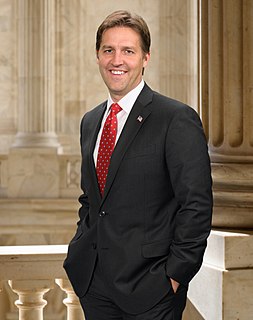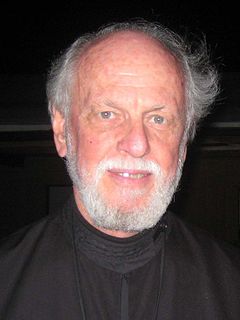A Quote by Thomas Sowell
Adolescence is a relatively recent thing in human history -- a period of years between the constraints of childhood and the responsibilities of adulthood. This irresponsible period of adolescence is artificially extended by long years of education, much of it wasted on frivolities. Tenure extends adolescence even further for teachers and professors.
Related Quotes
It is not however, adulthood itself, but parenthood that forms the glass shroud of memory. For there is an interesting quirk in the memory of women. At 30, women see their adolescence quite clearly. At 30 a woman's adolescence remains a facet fitting into her current self.... At 40, however, memories of adolescence are blurred. Women of this age look much more to their earlier childhood for memories of themselves and of their mothers. This links up to her typical parenting phase.
We have the most prolonged adolescence in the history of mankind. There is no other society that requires so many years to pass before people are grown up ... Adolescence is nurtured and prolonged by educational processes and by industry that has found a bonanza in embracing the adolescent population and fortifying 'adolescent values.' This prolongation of adolescence robs the country of the population group having the most risk takers, and the highest ideals.
Adolescence has been recognised as a stage of human development since medieval times--long, long before the industrial revolution--and, as it is now, has long been seen as a phase which centers on the fusion of sexual and social maturity. Indeed, adolescence as a concept has as long a history as that of puberty, which is sometimes considered more concrete, and hence much easier to name and to recognize.
Dogs are a really amazing eye opener for us humans because their lives are compressed into such a short period, so we can see them go from puppyhood to adolescence to strong adulthood and then into their sunset years in 10 to 12 years. It really drives home the point of how finite all our lives are.
I feel that adolescence has served its purpose when a person arrives at adulthood with a strong sense of self-esteem, the ability to relate intimately, to communicate congruently, to take responsibility, and to take risks. The end of adolescence is the beginning of adulthood. What hasn't been finished then will have to be finished later.
The purpose of adolescence is to revise the past, not to obliterate it. . . . Adolescence entails the deployment of family passions to the passions and ideals that bind individuals to new family units, to their communities, to the species, to nature, to the cosmos. Therefore, given half a chance, the revolution at issue in adolescence becomes a revolution of transformation, not of annihilation.



































